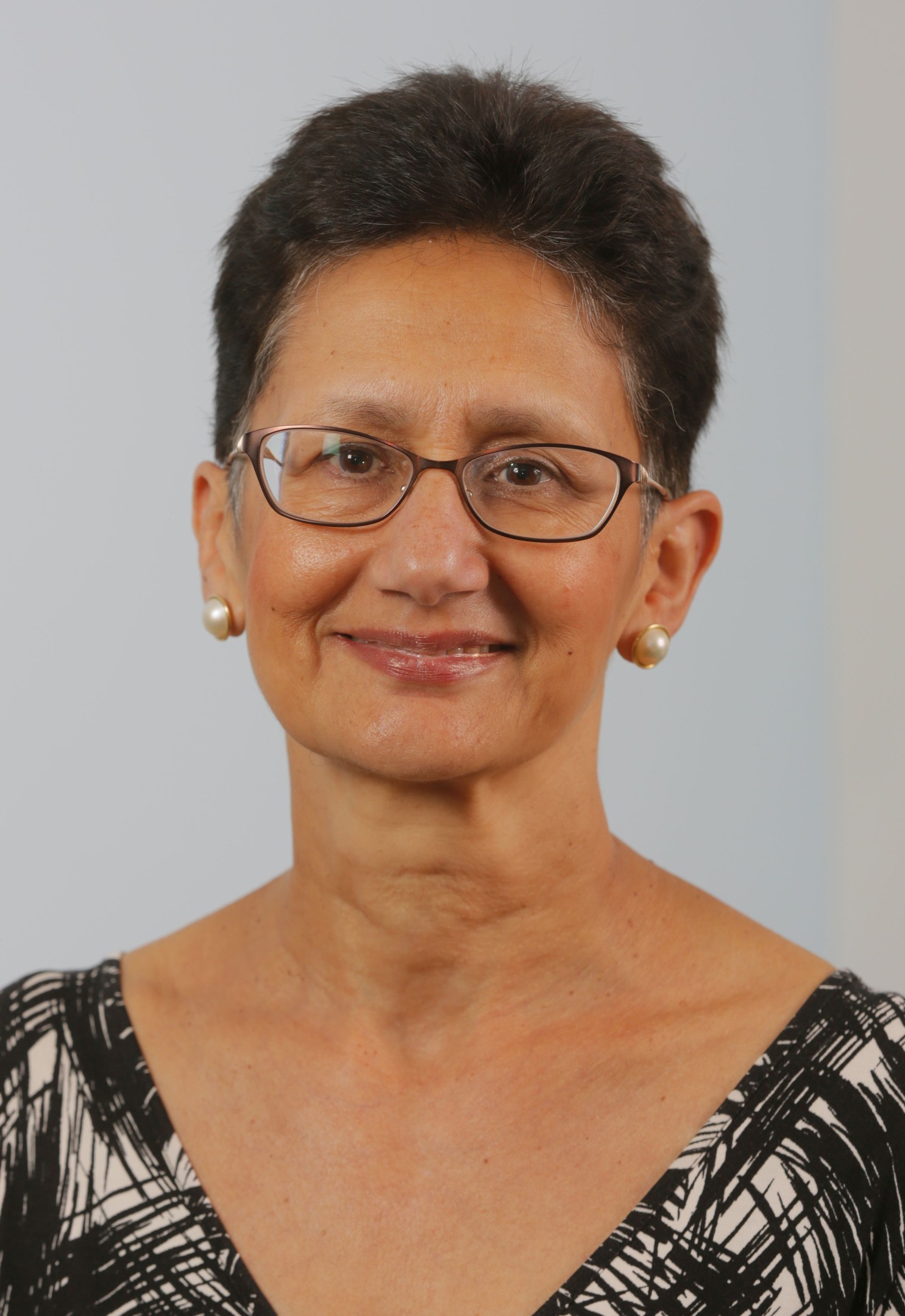
Professor Neena Modi said there was a question mark over whether 111 call handlers – who are not medically trained – should be carrying out assessments and deplored the decline of GP out-of-hours services, which she said was a “great loss” to the country.
In an interview with the Press Association, Prof Modi, who is president of the Royal College of Paediatrics and Child Health (RCPCH), said 111 had been brought in at huge cost without any proper evaluation of whether it was a safe service.
And she criticised the process of assessing children over the phone as well as the fact that some doctors do not have access to notes detailing a child’s medical history.
When short cuts are made “things go wrong”, she added.
Last month, a report into the death of 12-month-old William Mead criticised GPs, out-of-hours services and a 111 call handler who failed to spot he had sepsis caused by an underlying chest infection and pneumonia.
The report said William may have lived if the NHS 111 call hander had realised the seriousness of his condition or if a medic had taken the call.
Prof Modi said it was currently uncertain whether 111 was appropriate for children, adding that recognising serious illness “gets more and more difficult the younger the child”.
She said: “It is uncertain – because studies have not been adequately conducted – whether or not the telephone triage service such as NHS 111 is really going to be safe and effective for very small children.
“Even a clinician trying to make an assessment over the telephone would find it much more difficult in a smaller child than in an older child.
“Then when you add in the lack of clinical expertise, it’s going to be even more difficult. I feel really sorry for the call handlers because they are being placed in a position that really it’s questionable that they should be placed in.”
Prof Modi said she was not alone in being saddened at the loss of out-of-hours services run by GP practices.
“There is an issue, which is of concern to parents everywhere in the country, and that is to deplore the decline of the family doctors’ out-of-hours service,” she said.
“I think that has been a great, great loss for the country.
“If you were to be able to speak to a general practitioner who knew your family, knew you and your kids, they would have a much better understanding and insight into the seriousness of the condition that you were phoning up about.
“If you phone up a general practitioner surgery and you either get directed to NHS 111 or you get directed to a deputising (out-of-hours) service, and you speak to or see someone who doesn’t know you, doesn’t know your family and your children, it’s going to be much more difficult for that person to make a judgment.”
She said 111 assessors also failed to take a detailed history.
She added: “It also comes down to the fact the non-clinical handlers are not doing what a good doctor would do in this situation, which is to take a very detailed past medical history, and to interpret that in the context of the clinical signs that the child is presenting with at that time.
“It’s all part of a standard, high-quality clinical assessment and to expect that to happen over a telephone … you can see why I think there is a question mark over it and why I think it needs to be evaluated.”
Referring to the fact that some doctors who assessed William Mead over the phone had no access to his medical notes, Prof Modi added: “This should never happen because good medical practice really builds upon the history. The first thing a medical student is taught is to take the history, understand the background and then do the examination.
“When we try and take short cuts, things go wrong.”
Prof Modi criticised the lack of planning that went into introducing the 111 service – whose predecessor was NHS Direct – and said that while it may be safe, it also may not and “we should recognise that”.
She said: “We are saying that the time to do an evaluation is not after you’ve spent millions of pounds of money in introducing a system. You want to do that upfront, beforehand.”
On the day before William’s death, his mother Melissa called 111 and also spoke to an out-of-hours GP who had no access to his medical records.
Mrs Mead, from Penryn in Cornwall, welcomed Prof Modi’s comments.
She said: “I found the out-of-hours system that I used with William on the Saturday (the day before he died) to be chaotic.
“At the time I did not know that the call handler that I was talking to wasn’t assessing my call properly. So when I called at the time, I assume I’m ringing a safe helpline that will signpost me in the right direction of care required based upon my conversation with that person.”
She added: “I did not know that William was seriously ill, I did not know the signs and symptoms or sepsis, I hadn’t even heard of it. If I had been able to take William to the GP that I saw the previous evening I would have done that.
“Knowing that he had seen William within the last 18 hours, that would have been more efficient, and the GP would have been better placed to make an informed judgment and more decisive action in William’s care.”
READ MORE
Safety fears over Scotland’s ‘faulty’ ambulances as vehicles found with long-overdue services
Ambulance crisis: Crews late for 1 in 3 life and death cases with service in meltdown

Enjoy the convenience of having The Sunday Post delivered as a digital ePaper straight to your smartphone, tablet or computer.
Subscribe for only £5.49 a month and enjoy all the benefits of the printed paper as a digital replica.
Subscribe